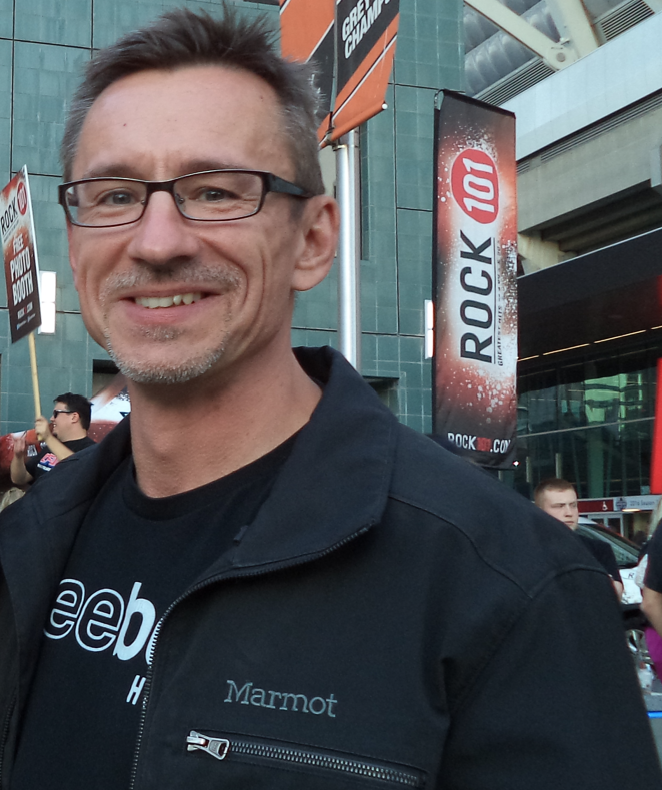The list below is not complete - it will be updated as we receive our speakers' bios
Accelerator Science
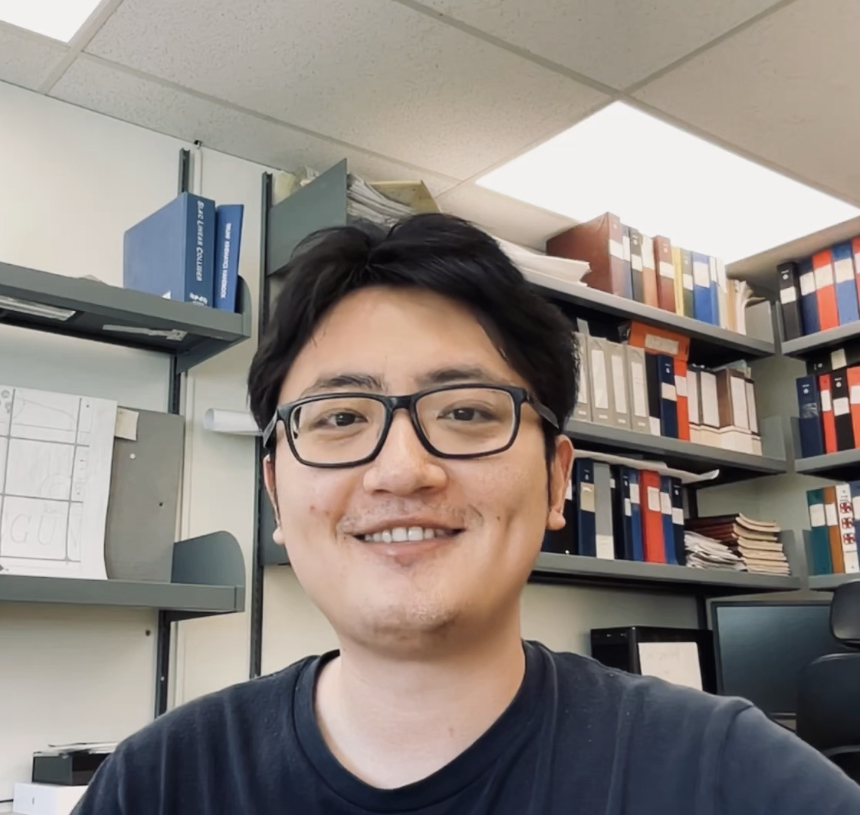
Lige Zhang (TRIUMF)
Lige Zhang received his Ph.D from Huazhong University of Science and Technology for his research on injection and extraction processes in compact superconducting cyclotrons. During his Ph.D, he also collaborated on a cyclotron upgrade project at INFN in Italy. He has been employed at TRIUMF since 2019. Currently at TRIUMF, Lige works as an accelerator physicist in the beam physics group, focusing on beam dynamics studies, beam-material interactions, magnet design, and machine development of the TRIUMF 520 MeV cyclotron
Scientific Computing
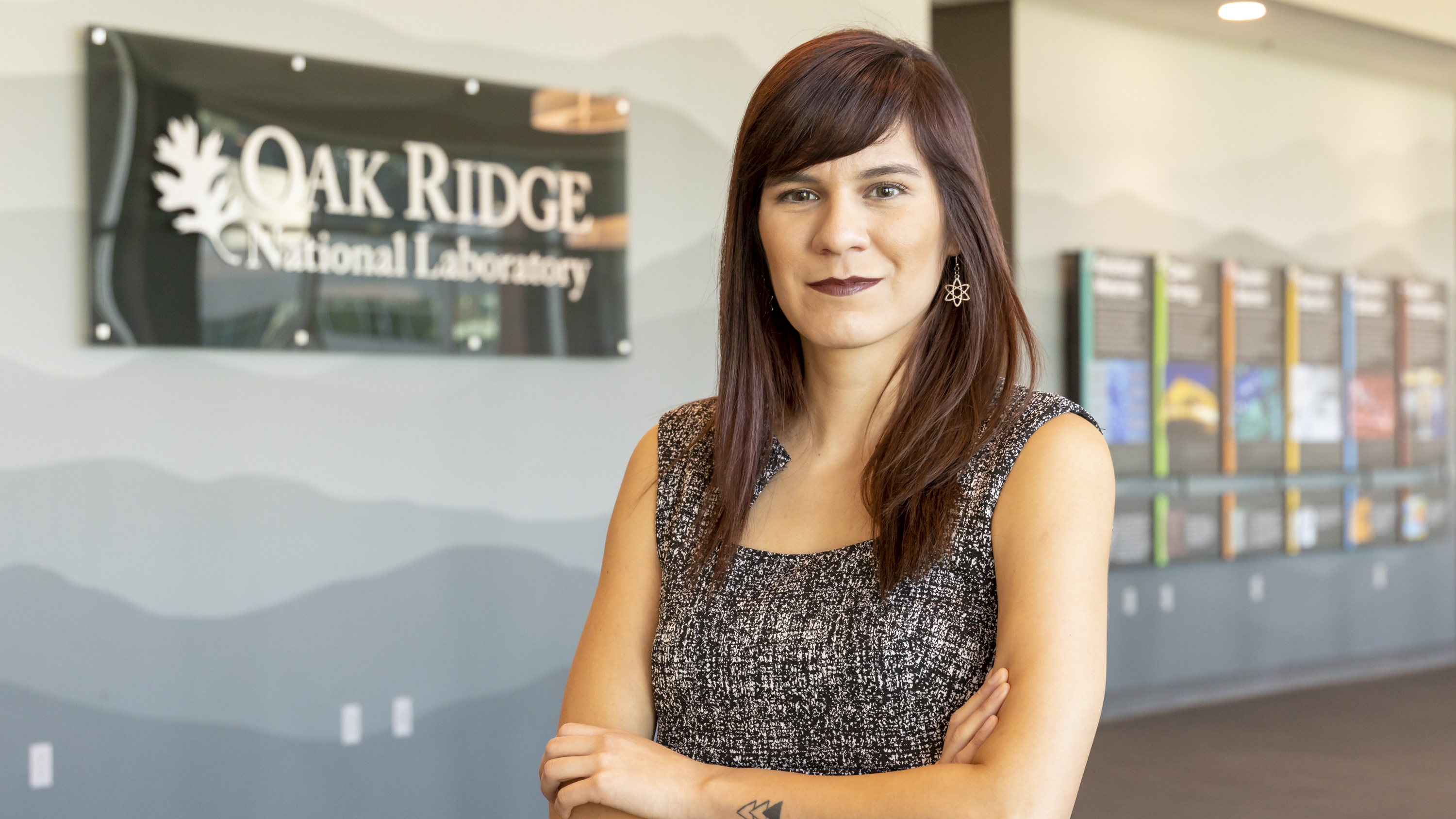
Andrea Delgado (Oak Ridge National Laboratory)
Andrea Delgado is a Research Scientist at the Physics Division at Oak Ridge National Laboratory. Her background is in experimental high-energy physics with solid research and development (R&D) focus on analyzing big data produced by large-scale particle physics experiments. At ORNL, Dr. Delgado's interdisciplinary research is focused on the intersection of quantum computing and particle physics. Her work combines a scientific interest in extending our knowledge of the fundamental blocks of the universe and how they interact with each other and building better tools to analyze the data from quantum sensing experiments for dark matter detection, as well as quantum machine learning applications with a particular interest in quantum generative models and Hamiltonian simulation.
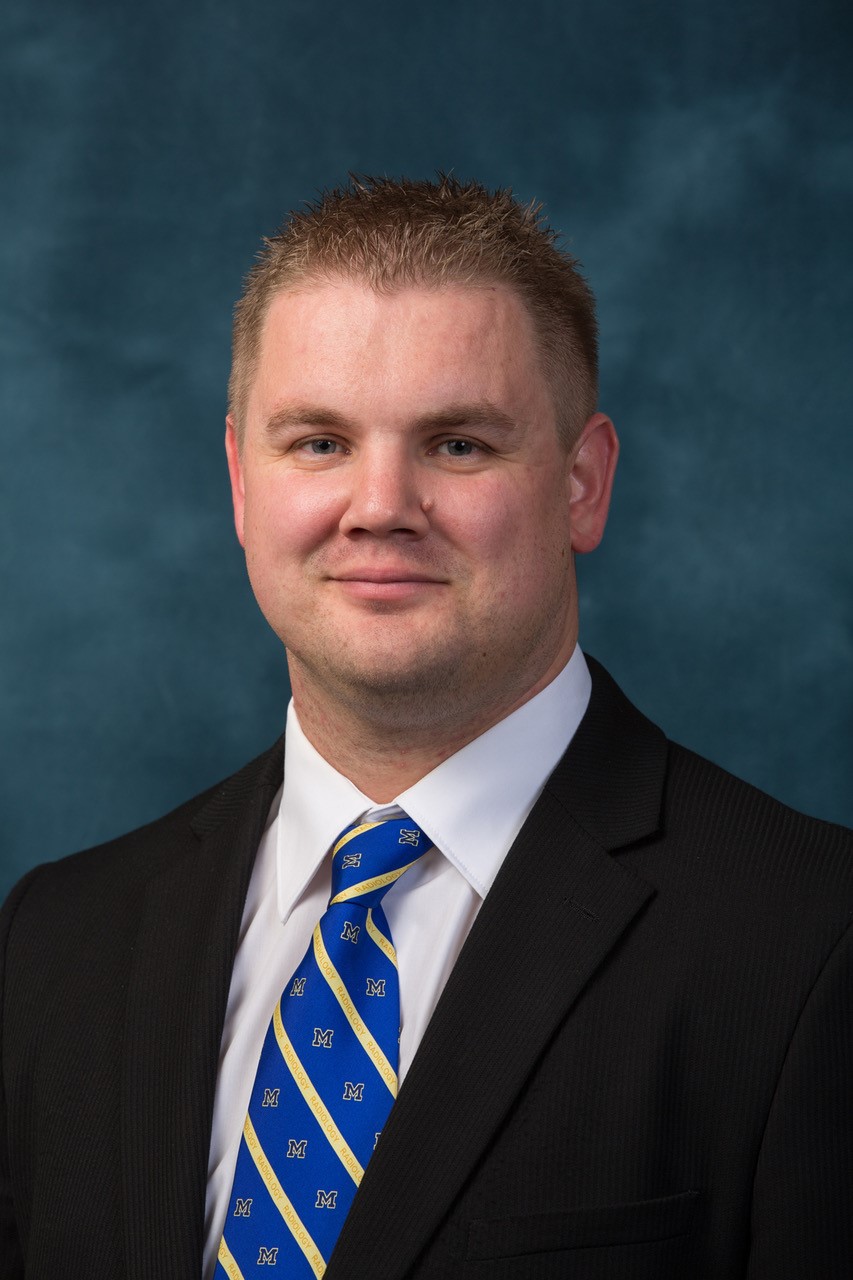
Peter Scott (University of Michigan)
Prof. Peter Scott obtained his undergraduate degree in medicinal chemistry from Loughborough University and his PhD in organic chemistry from Durham University, both in the UK. He then moved to the US for postdoctoral research in organometallic chemistry at SUNY Buffalo, and PET radiochemistry at the University of Michigan (under Prof. Michael Kilbourn). Peter worked for Siemens Molecular Imaging for a few years after his post doc where he led radiochemistry at the Technology Center in Los Angeles. He started his independent faculty career at the University of Michigan in 2009, where he is currently a Professor of Radiology, Medicinal Chemistry and Pharmacology, Division Director of Nuclear Medicine, and Director of the PET Center. Scott's group is involved in all aspects of Radiopharmaceutical Sciences including i) developing new methods for radiolabeling bioactive molecules, ii) designing and translating new radiotracers for PET imaging, iii) cGMP radiopharmaceutical manufacture and iv) adapting new technology (e.g. artificial intelligence) to imagine the radiochemistry laboratory of the future. Peter has published over 180 papers and 30 book chapters, about 250 conference abstracts and edited 5 books. He has received numerous awards for his research including, most recently, the 2023 Sam Gambhir Trailblazer Award from SNMMI, and is listed as an inventor on multiple patents. His laboratory is funded by the National Institutes of Health, and has multiple collaborations with academic institutions, biotech and pharma companies all over the world.
Particle Physics
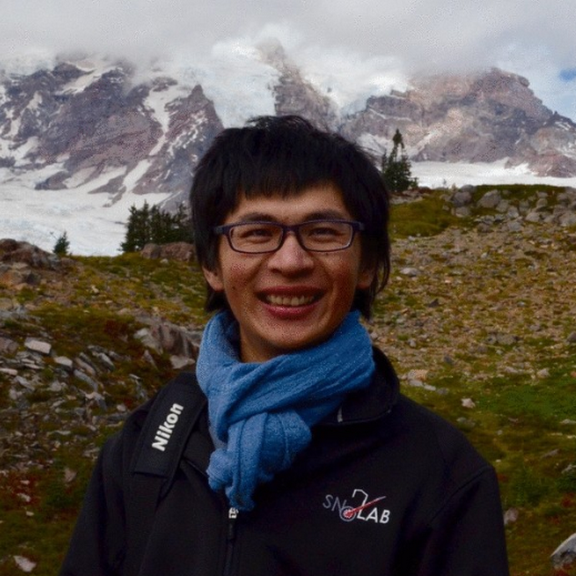
Yan Liu (University of British Columbia)
Dr. Yan Liu is a postdoctoral fellow at TRIUMF with research interests in neutrino physics and dark matter, leveraging the large-scale underground experimental apparatus. He received his bachelor’s degree in 2014 at Shanghai Jiao Tong University and Ph.D. degree in 2020 at Queen’s university. He spent the next three years at University of British Columbia working on the SuperCDMS SNOLAB experiment in search for direct interaction signals of dark matter. He currently serves as the deputy analysis coordinator for SuperCDMS and will join the University of Minnesota, Twin Cities, as an assistant professor this fall.
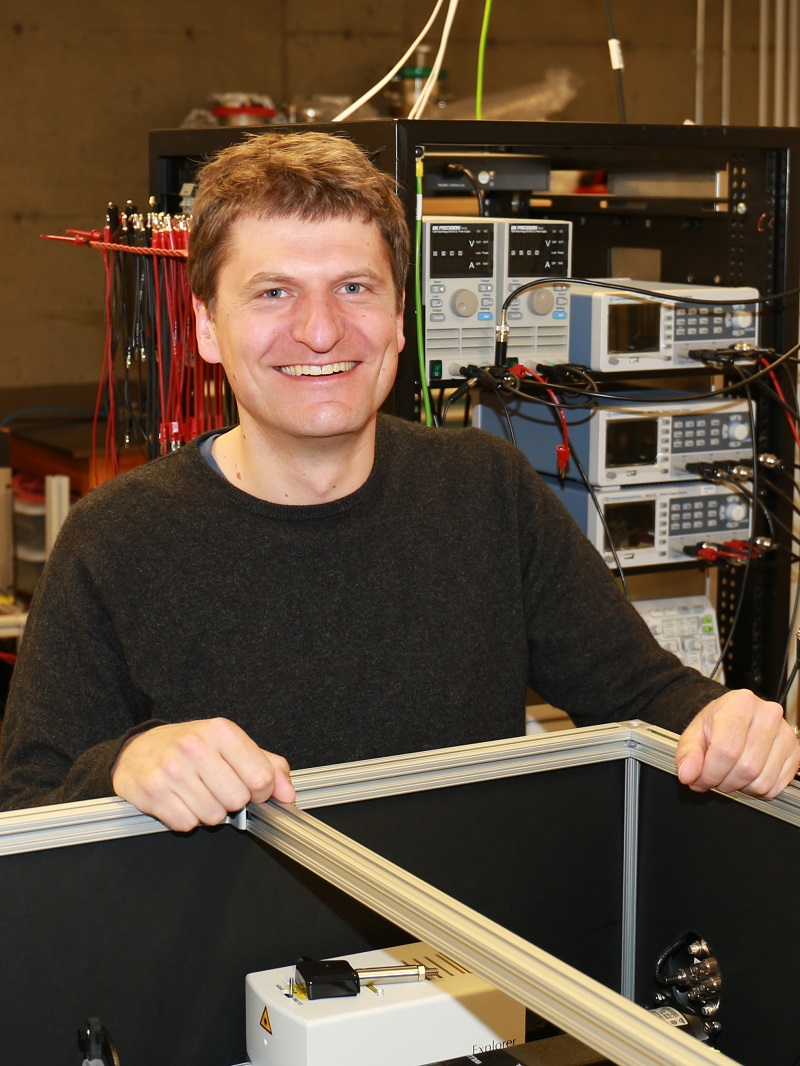
Thomas Brunner (McGill University)
Thomas Brunner is an experimentalist in subatomic physics searching for neutrinoless double beta decays with the nEXO experiment. An observation of this decay would require that lepton number is not conserved in weak interactions and be direct evidence of physics beyond the Standard Model of particle physics. Brunner received his PhD from the Technical University in Munich for the development of an in-trap decay spectroscopy technique using TRIUMF’s ion-trap facility TITAN. Following a postdoctoral fellowship at Stanford University with the EXO-200 experiment, he became a faculty at McGill University in 2015, jointly appointed at TRIUMF. Brunner holds a Canada Research Chair (Tier 2) in subatomic physics and he coordinates the Canadian contributions to the international nEXO experiment.
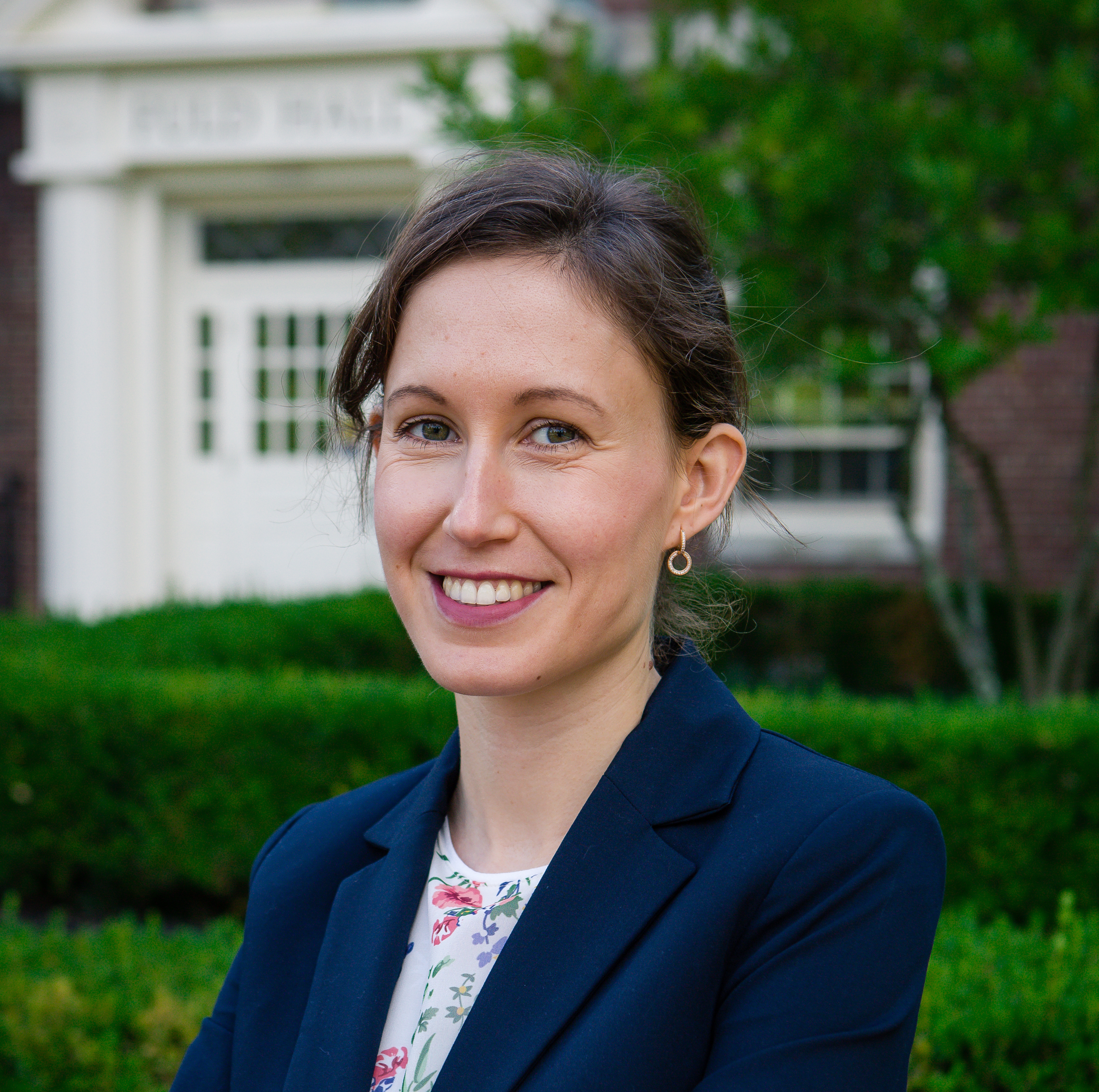
Isabel Garcia Garcia (University of Washington)
Isabel Garcia Garcia has been an Assistant Professor at the University of Washington since September 2023. She obtained her PhD in theoretical physics from the University of Oxford in 2018, following up with postdoctoral positions at the Kavli Institute for theoretical Physics, New York University and the Institute for Advanced Study. Her work in theoretical physics covers a broad range of topics in particle phenomenology, with a special interest in the interplay between particle physics, gravity, and formal theory.
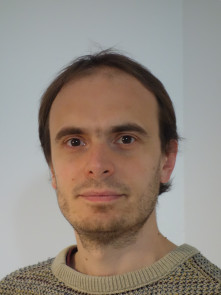
Bob Velghe (TRIUMF)
Bob Velghe is a Research Associate at TRIUMF. He is a member of the NA62 collaboration, which searches for physics beyond the Standard Model through rare kaon decays. He is also involved in the recently formed PIONEER collaboration, which plans to study lepton universality and CKM physics using pion decays. Bob has been contributing to multiple key instrumentation projects, including low-mass, high time-resolution silicon pixel tracking and noble liquid calorimetry. His other interests include applying machine learning techniques to physics data to improve particle identification algorithms. Before joining TRIUMF, he was awarded a FRIA scholarship to pursue a PhD at UCLouvain (Belgium).
Nuclear Physics
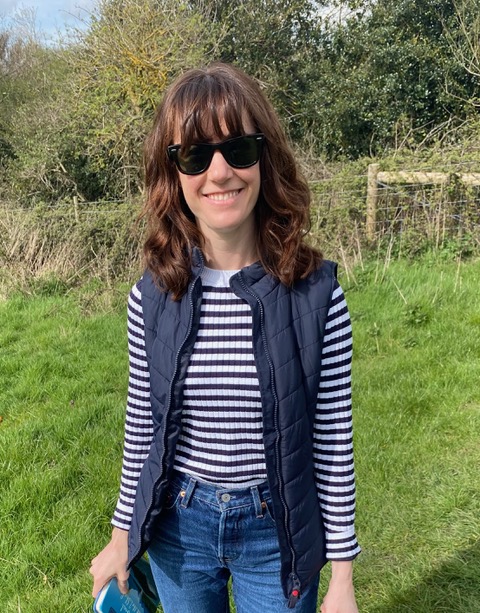
Kara Lynch (University of Manchester)
Dr Kara Lynch is a nuclear physicist using laser spectroscopy and decay spectroscopy to understand the nuclear structure of exotic nuclei. Obtaining her Ph.D. with the University of Manchester as a CERN Doctoral student, she conducted research at the CERN-ISOLDE facility as a Marie Curie Pegasus Fellow and a CERN Research Fellow. After an academic career break as a part-qualified UK patent attorney, Kara returned to nuclear physics research as a post-doctoral research associate with the University of Manchester. She recently started a new research programme, as a Royal Society Dorothy Hodgkin Fellow, aiming to study the charge radii of proton-emitting nuclei.
Life science
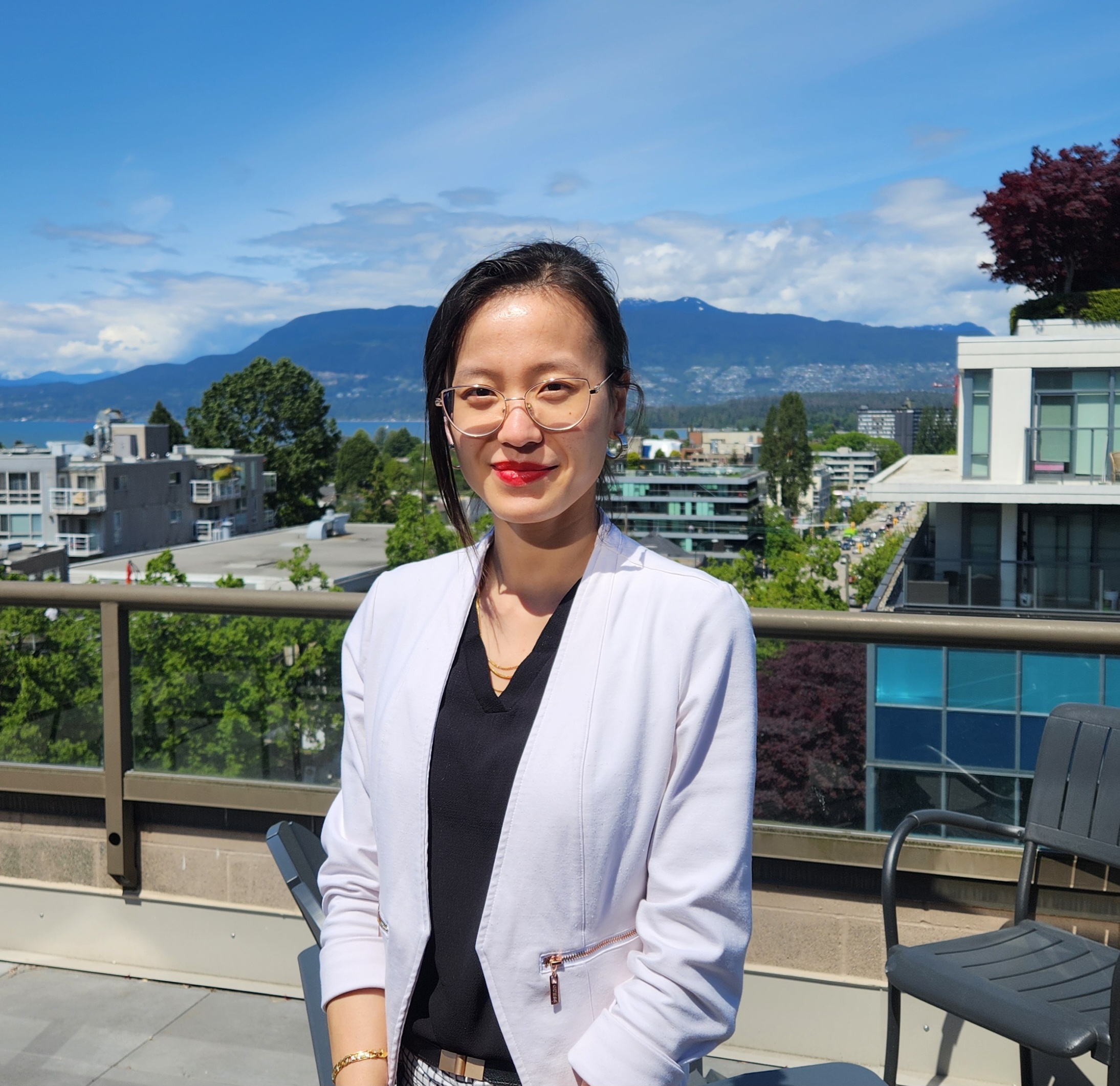
Lily Li (Abdera Therapeutics) Lily Li is currently an associate scientist in Abdera Therapeutics. She obtained her PhD in Chemistry at the University of British Columbia, particularly focused on developing chelating agents for radiopharmaceutical applications. She was inspired to pursue a career in nuclear medicine after the degree. Prior to working in Abdera, she completed post-doctoral training with Dr. Francois Benard in BC Cancer Research Center, where she gained experience in preclinical development of cancer-targeting radioligands.
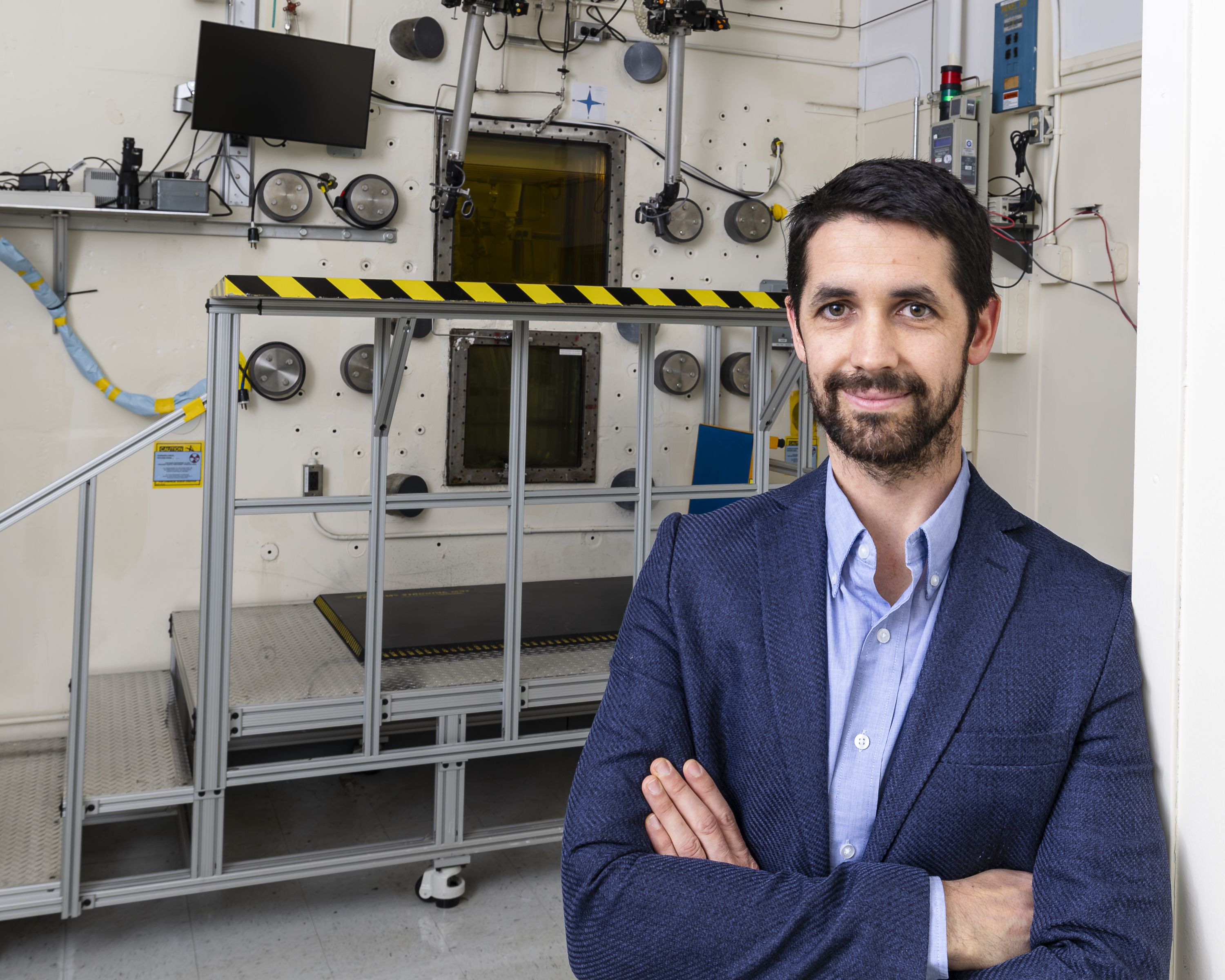
Andrew Burgoyne ( Oak Ridge National Laboratory)
Dr Andrew Burgoyne received his Bachelor of Science (2009) with a double major in Chemistry and Biochemistry, Bachelor of Science Honours degree (2010) and Master of Science (2012) in Chemistry (cum laude) from the University of Johannesburg, South Africa, and his Ph.D. (2015) in Chemistry from the University of Cape Town, South Africa.
After a stint as a postdoctoral research fellow at the College of Pharmacy at the University of Hawaii at Hilo, Dr Burgoyne joined the Belgian Nuclear Research Centre SCK CEN to develop new radiopharmaceuticals harnessing therapeutic radioisotopes. While there he established new radioisotope production capabilities and developed radiochemical processing technologies to purify reactor produced radioisotopes.
Andrew then joined Oak Ridge National Laboratory to expand his portfolio and gain more experience in actinide chemistry. He is a R&D Staff Member Radiochemist in the Medical Isotopes Development Group, within the Radioisotope Science and Technology Division of the Isotope Science and Engineering Directorate, and now manages radioisotope production efforts for the US Department of Energy Isotope Program. Dr Burgoyne is the principal investigator for the R&D and production efforts of accelerator-produced actinium-225 (cGMP) from thorum-232, also for the fabrication of radium-224/lead-212 generators from thorium-228, and for tungsten-188/rhenium-188 production.
CMMS
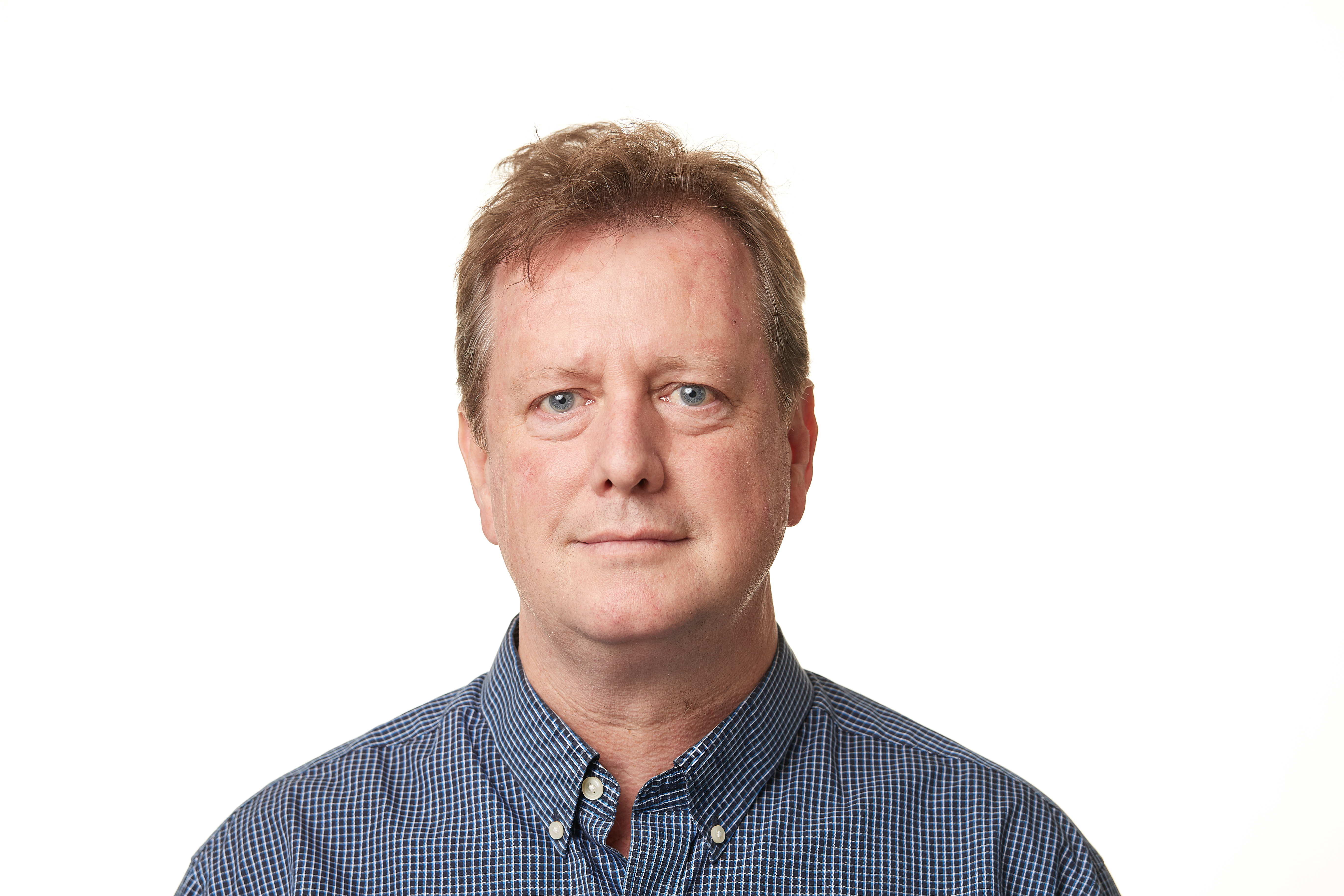
Graeme Luke ( McMaster University)
Dr. Graeme Luke is a Professor of Physics and Faculty of Science Research Chair at McMaster University and holds an Affiliated Scientist position at TRIUMF. He received his PhD from the University of British Columbia in 1988. Graeme held an NSERC Postdoctoral Fellowship at Columbia University, where he continued with Assistant and Associate Professor positions before moving to McMaster University in 1998. His research is the area of experimental study of quantum materials, with a particular focus on unconventional superconductors and exotic magnetic systems. He is a Fellow of Royal Society of Canada, the American Physical Society and the Canadian Association of Physicists.
Jeff Sonier (Simon Fraser University)
Jeff Sonier is a professor of physics at Simon Fraser University. He received his Ph.D. in 1998 from the University of British Columbia and afterwards was a Director’s Postdoctoral Fellow at the Materials Science and Technology Division of Los Alamos National Laboratory. He is a Fellow of the American Physical Society, former Senior Fellow of the Canadian Institute for Advanced Research Quantum Materials Program, and past President of the International Society for mSR Spectroscopy. For the past 30 years he has utilized the μSR facilities at TRIUMF to investigate magnetic and superconducting properties of quantum materials. He is currently the Principal Investigator of the CFI-funded high-momentum M9H muon beam line currently under construction at TRIUMF.
Science Technology
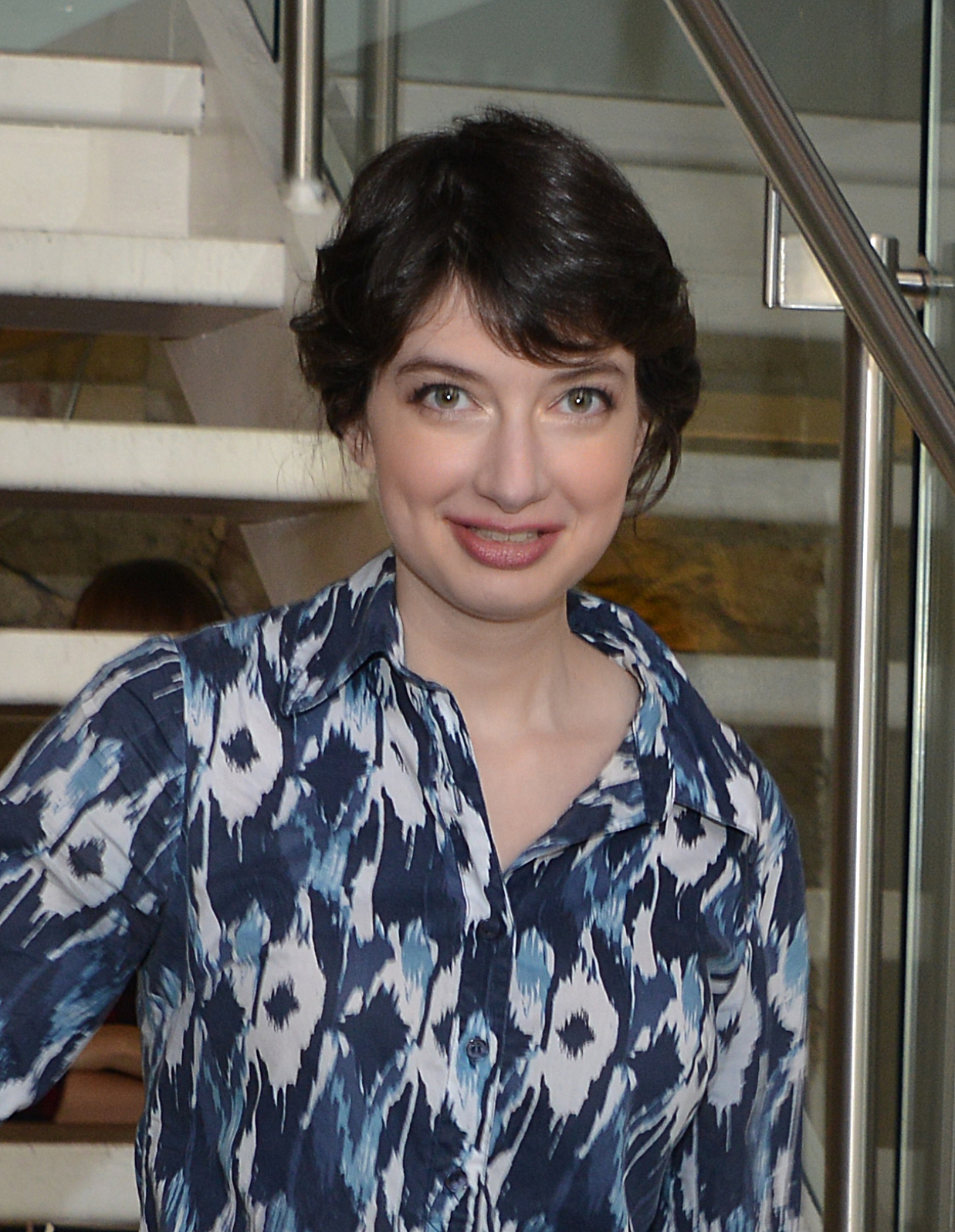 Miriam Diamond (University of Toronto)
Miriam Diamond (University of Toronto)
Prof Miriam Diamond obtained her BSc from Carleton University, where she was a summer intern on the original SNO project. She went on to obtain her MSc from the Perimeter Scholars International program at Waterloo, and her PhD in experimental particle physics from the University of Toronto where she worked on ATLAS dark matter searches. She did her post-doc at SLAC, primarily on the Heavy Photon Search experiment, before returning to the University of Toronto as an assistant professor in 2019. Her primary research area is the detection of low-mass and long-lived particle dark matter candidates, as a PI on the SuperCDMS SNOLAB experiment and on the MATHUSLA collaboration. She is passionate about EDI, accessibility, and outreach to traditionally under-represented communities in physics..
 Alexis Brossard (TRIUMF)
Alexis Brossard (TRIUMF)
After completing a Master’s degree in subatomic and astroparticle physics in France, he pursued doctoral studies at Queen's University and Paris-Saclay University, concentrating on the direct detection of dark matter. His research utilizing neutron beams for detector calibration ignited an interest in neutron physics, prompting him to join the TRIUMF UltraCold Advanced Neutron (TUCAN) collaboration. He currently oversees the commissioning of the next-generation, world-leading ultracold neutron source.

Andrea Capra (TRIUMF)
Andrea earned a master’s degree in Nuclear and Subnuclear Physics at the Università degli Studi di Pavia (Italy) in 2011, with a thesis on a simulation of the measurement of the gravitational acceleration of antihydrogen with AEgIS. At the end that year, he was accepted in the graduate program in Physics at the York University of Toronto. He starts working at CERN, joining the ALPHA collaboration, which was making its first attempts to probe antihydrogen atoms with microwaves. In 2014 he joined the effort to design and build an apparatus, later dubbed ALPHA-g, to measure the gravitational acceleration of antihydrogen. He obtained his PhD in 2016 and moves to TRIUMF in Vancouver to build the Time Projection Chamber, that is currently used to detect the free-fall of antihydrogen in the ALPHA-g experiment. He was involved in 2021, through 2023, in the design of an experiment that aims to detect Dark Matter at the Laboratori Nazionali del Gran Sasso. In 2023 he was appointed Associate Research Scientist at TRIUMF.
50 years TRIUMF / 70 years CERN Session
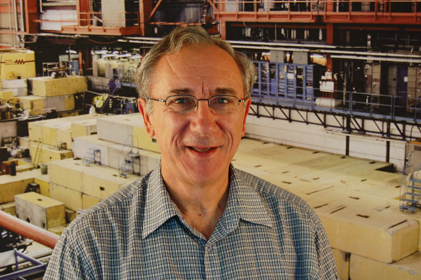
Jean-Michel Poutissou (TRIUMF)
I came to TRIUMF in 1972 to represent the particle physics group of the University of Montreal and mount a program to study rare processes that can test fundamental symmetries in our universe. This led to experiments at TRIUMF, at the US Brookhaven National laboratory and at the Japanese Proton Accelerator Research Center(J-PARC) where I was involved in Neutrino research. I was Associate Director of TRIUMF for over 20 years, serving 4 generations of Directors, overseeing the growth of TRIUMF from a largely university-based laboratory to truly Canada’s National Laboratory for Particle and Nuclear Physics, and Accelerator Based Science, serving the international physics community and promoting Canada’s excellent reputation in the international arenas. I oversaw the growth of a life science component of the TRIUMF portfolio, serving as the first division head of the Nuclear medicine division. I am an emeritus Senior researcher since 2012 and past-president of the TRIUMF Alumni and Retirees Association.

Ewart Blackmore (TRIUMF)
Ewart Blackmore received his Ph.D. in nuclear physics from the University of British Columbia in 1967 after a B.Sc. in engineering physics from Queen’s University. He joined TRIUMF in 1969 and was an important member of the team that built the 500 MeV cyclotron. At TRIUMF he has worked in accelerator technology, instrumentation for particle and nuclear physics research, applications of particle beams as well as being the engineering division head for many years. From 1995-2007 he was project leader for Canada’s $41.5 million contribution of accelerator components to the Large Hadron Collider at CERN. Since 1995 he also developed the TRIUMF proton therapy facility and the proton and neutron radiation test facilities. Present research activities involve the use of muons and low energy protons for SEE testing.
Sustainability Session
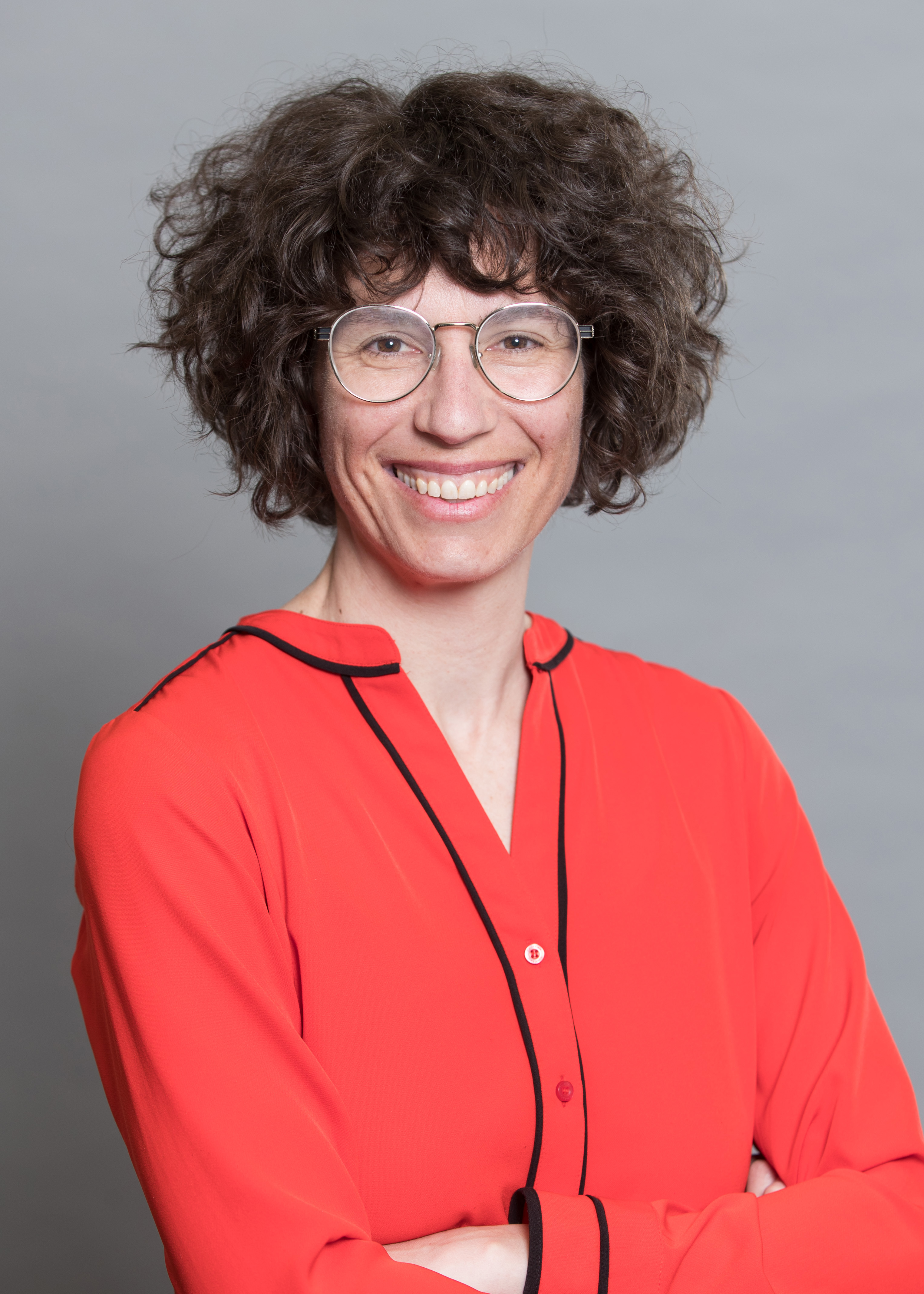
Sara Hastings-Simon (University of Calgary)
Dr. Sara Hastings-Simon is an associate professor in the department of Earth, Energy and Environment, and School of Public Policy at the University of Calgary where she directs the Masters of Science in Sustainable Energy Development. She is a macro energy system researcher and her work is focused on understanding how low-carbon energy transitions happen within different sectors of the economy, and how policy responses can improve outcomes. Sara is also co-founder and co-host of Energy vs Climate a webinar and podcast that explores the energy transition in Alberta, Canada, and beyond. She is a member of the expert panel for Clean Growth with the Canadian Climate Choices Institute and a member of the board of directors of the Pembina Institute.
Her previous roles include Director of Clean Economy at the Pembina Institute, founder of Business Renewable Centre Canada, and practice manager for Clean Technologies at McKinsey & Company. Dr. Hastings-Simon holds a PhD in physics from the University of Geneva.
Speaker - EDI Session. Engendering Success and Allyship in STEM
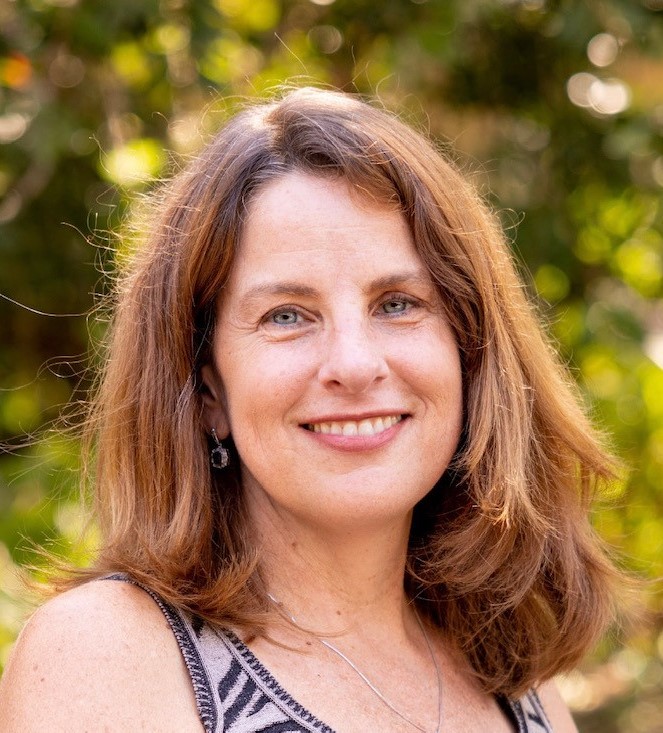 Toni Schmader, Social Psychologist UBC
Toni Schmader, Social Psychologist UBC
Toni Schmader is a Social Psychologist and the incoming Head of the Department of Psychology at the University of British Columbia. She is the Director of Engendering Success in STEM and the Social Identity Laboratory at UBC. Her research examines how stereotypes and bias constrain people’s performance, preferences, and self -views, with a particular focus on gender stereotypes and implicit bias. She published over 100 peer-reviewed papers and book chapters and coauthored two textbooks. Dr. Schmader has given frequent public lectures on the topic of implicit gender bias and social identity threat including talks to the National Academies of Science in the United States, as part of Harvard’s Women in Work Series, and at the International Gender Summit. She was the recipient of a Killam Research Prize in 2013, and the Society for Personality and Social Psychology Daniel M. Wegner Theoretical Innovation Prize in 2018, as well as the European Association of Social Psychology Theory- Innovation Award for 2020-2021. She held a Canada Research Chair position from 2010-2020 and in 2022-23, was a Fellow at the Center for Advanced Studies in Social and Behavioral Sciences at Stanford University. Dr. Schmader is a Member of the Department’s Equity Committee and Co-Chair of the Working Group on EDI Funding, and Member of the Dean’s Advisory Committee on Promotion and Tenure for the Faculty of Arts.
Panelists - Collaborations with Indigenous Communities
Dallas Pelly, Education Specialist- Indigenous Relations (Canadian Light Source)
 Dallas Pelly is an Indigenous educator, community builder, and social innovator. He is a proud U of S alumnus of the ITEP program (B Ed ’18). He is excited about working as an Education Coordinator- Indigenous Programs at the Canadian Light Source. Dallas is passionate about helping bridge the gap between Indigenous knowledge systems and mainstream science. In his spare time Dallas loves biking, going for long walks, and wrestling with his 3 sons, Oaklen, Emmett, and Denver. Dallas and his family currently reside on Treaty 6 territory in what is now known as Saskatoon.
Dallas Pelly is an Indigenous educator, community builder, and social innovator. He is a proud U of S alumnus of the ITEP program (B Ed ’18). He is excited about working as an Education Coordinator- Indigenous Programs at the Canadian Light Source. Dallas is passionate about helping bridge the gap between Indigenous knowledge systems and mainstream science. In his spare time Dallas loves biking, going for long walks, and wrestling with his 3 sons, Oaklen, Emmett, and Denver. Dallas and his family currently reside on Treaty 6 territory in what is now known as Saskatoon.
Early Career Sessions - Panelists, Speakers and Speed Mentors
.png)
Andrew Robertson (BC Cancer)
Andrew is a clinical medical physicist who works with a multidisciplinary team at BC Cancer Vancouver to treat patients using radiation therapy. He also has appointments as a Clinical Instructor with UBC Faculty of Medicine and a Clinical Investigator with BC Cancer. He received a PhD in physics from UBC in 2020 after conducting research at TRIUMF, then completed a radiation oncology physics residency in 2023 and his clinical certification in 2024.
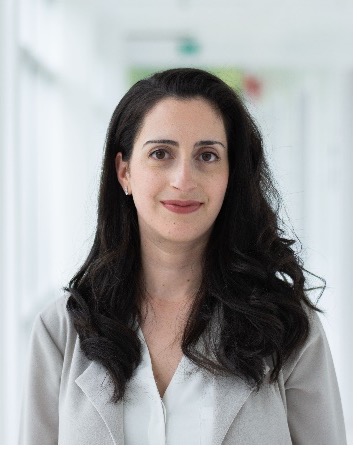
Caterina Ramogida (Simon Fraser University)
Dr. Caterina Ramogida (she/her) is an Assistant Professor in the Chemistry department at Simon Fraser University (SFU), Burnaby, BC, Canada, and holds a joint appointment with the Life Sciences Division at TRIUMF. Caterina received her PhD in Medicinal Inorganic Chemistry from the University of British Columbia in 2015, then joined TRIUMF’s Life Sciences Division as a postdoc, before starting her independent career at SFU/TRIUMF in late 2018. Her biomedical research program is focused on nuclear medicinal inorganic chemistry. This includes the design, synthesis, and characterization of bifunctional chelating ligands for exotic therapeutic and diagnostic radiometals, the production and purification of medically relevant radiometals, and the design, synthesis, and evaluation of multi-modal scaffolds for radiotheranostic applications. She currently serves on the Board of the International Society of Radiopharmaceutical Sciences and co-leads a trans-Canada Transformation program called “Rare Isotopes to Transform Cancer Therapy”.

Ben Davis-Purcell (TRIUMF, formerly NSERC)
Ben Davis-Purcell is a postdoc at TRIUMF on the PIONEER Experiment. After completing his PhD in particle physics working on the ATLAS Experiment at Carleton University, he decided to take a pause from academia and work in the public service. He was awarded a Mitacs Canadian Science Policy Fellowship, which provided him the opportunity to work for the Government of Canada. Wanting to stay connected to the research community, Ben took his fellowship to the Natural Sciences and Engineering Research Council of Canada (NSERC), where he worked for a year in Ottawa as a Policy Analyst. Ben has now returned to academia, but has many insights to share about life as a public servant from a scientist’s perspective.

Morgan Dehnel (Accel-Link Ltd)
Morgan Dehnel received his Ph.D. in Accelerator Physics from TRIUMF/UBC in 1995 for the study of axial injection systems for H¯ cyclotrons used for radioisotope production. Immediately after receiving his degree, Dr. Dehnel incorporated Dehnel Consulting Ltd and consulted in the area of beamline design for National Laboratories, radioisotope producers, and manufacturers of: cyclotrons, ion implanters, and radiation processing Linacs. In 2004 the assets of Dehnel Consulting Ltd. were bought by Dehnel – Particle Accelerator Components & Engineering, Inc. (D-Pace) and Dr. Dehnel continued as President of this new company which maintained its consulting activities in the accelerator field but expanded into the manufacture of equipment for particle accelerators using many technologies licensed from TRIUMF. D-Pace has maintained a strategic close connection with TRIUMF and have expanded sales into areas such as stable isotope production, ion implantation, and fusion. In 2024 Dr. Dehnel shall launch, Accel-Link Ltd, a new company focusing on energy efficient accelerator systems built with an eye to addressing end-of-life issues, which are to be used for applications minimizing carbon consumption and pollution whilst training new personnel in environment’s attentive to equity, diversity, and inclusion.

Itzel Lucio Martínez (Quantized Technologies Inc.)
Itzel Lucio Martínez holds a Master's and Ph.D. degrees in Physics from the University of Calgary, and is always enthusiastic to apply scientific principles to real-world challenges. As part of her degrees, Itzel performed quantum cryptography experiments across the city of Calgary. After her graduate studies, Itzel worked in the quantum technology industry, and as data analyst for the World Health Organization in Geneva, Switzerland. Itzel is Head of Product at Quantized Technologies Inc. (QTi), a start-up based in Calgary advancing the field of quantum communications and securing communication networks from threats. Her role at QTi is to develop next-generation quantum cryptography systems.
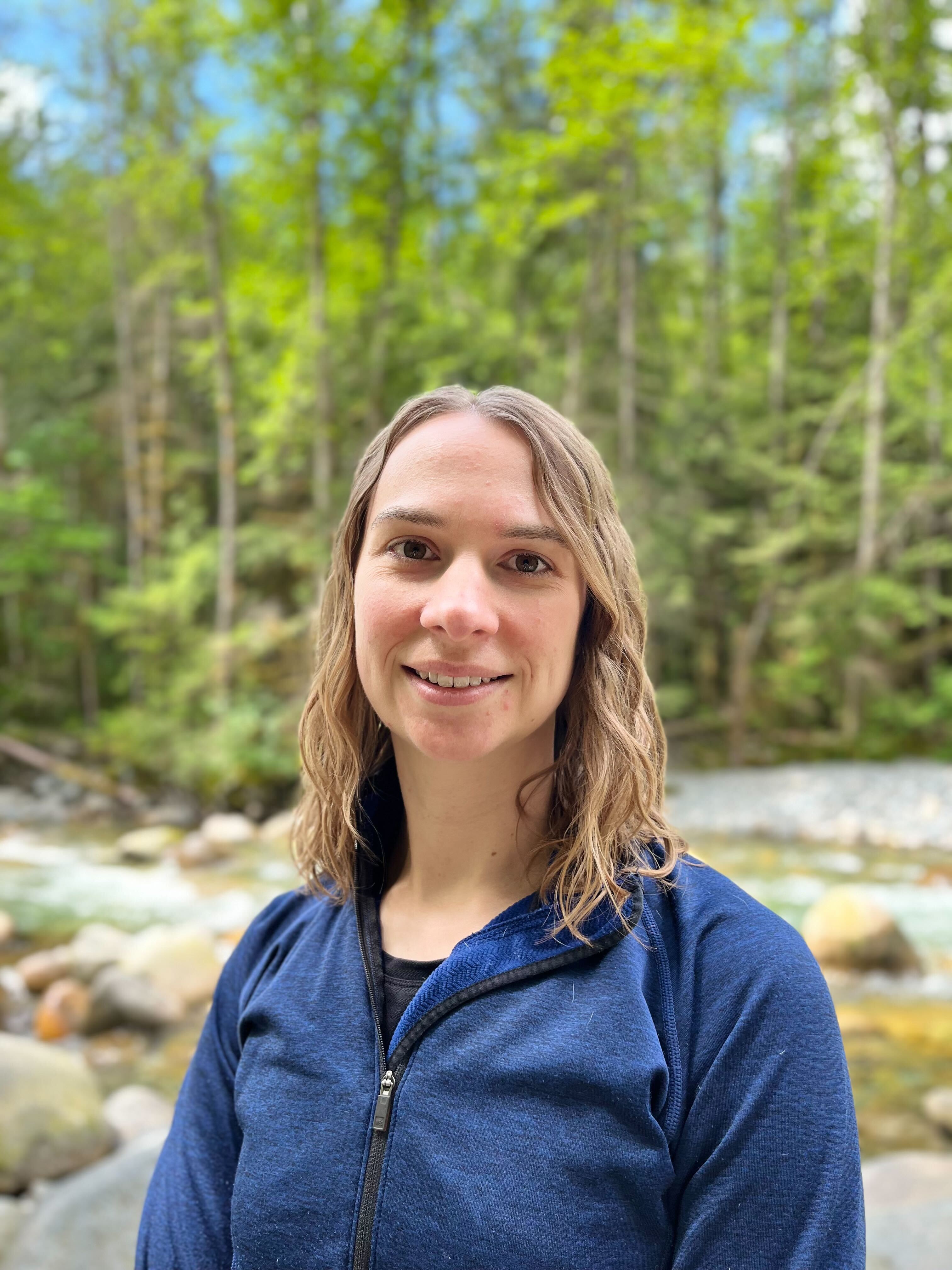
Allison Radich
Allison Radich is a Diagnostic Physicist at General Fusion, where a fast and practical approach to commercial fusion energy is being pursued. As the neutron diagnostics lead, Allison oversees the neutron detection systems for determining the rate, yield and spectroscopy of neutrons emitted from deuterium-deuterium fusion reactions. This involves ongoing work on the operational plasma injector PI3 and development and planning of diagnostics for the future machine, Lawson Machine 2026 (LM26). One such diagnostic is the NSERC-funded time-of-flight neutron spectrometer, in partnership with TRIUMF and Simon Fraser University.
Allison’s interest in nuclear physics and radiation detection, as well as her relationship with TRIUMF, began during her two coop work terms in her undergraduate degree. These led to the completion of her M.Sc. from the University of Guelph, where she studied the nuclear structure of Xe-124 with the 8pi gamma-ray spectrometer, formally housed at TRIUMF-ISAC. After two years working as a lab safety technician, Allison returned to academia and obtained her Ph.D. from the University of Guelph, developing a neutron spectrometer to study beta-delayed neutron emission for use with GRIFFIN at TRIUMF-ISAC.
In her off-time, Allison enjoys hiking, biking, playing disc golf and exploring the beautiful west coast with her dog.
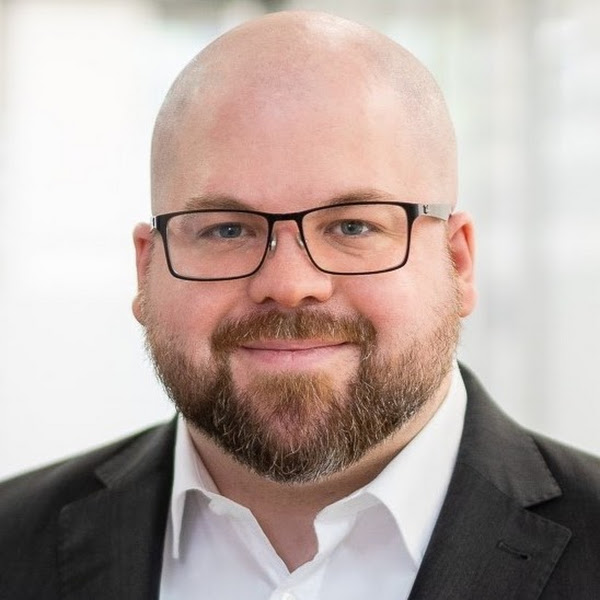
Daniel Wagner (Google)
While running a consultancy services business that focused on small e-commerce startups, in 2010 Daniel earned his Bachelor’s degree in Physics from the Justus Liebig University, Giessen, Germany followed by his Master’s in Nuclear Physics from the University of Kentucky, United States in 2012. Afterwards, he became Head of IT Infrastructure at a German e-commerce startup before he joined the Boston Consulting Group (BCG) in 2016.
At BCG, Daniel supported leaders of financial institutions around the globe solving IT related challenges from designing large scale IT organizations, defining target IT architectures, building cloud-native high performance computing (HPC) platforms to founding neo banks from scratch.
In 2021, Daniel took the Delivery Executive role at Google leading a team of consultants & engineers and being ultimately responsible for the consulting engagement of one of Google’s largest global Cloud customers.
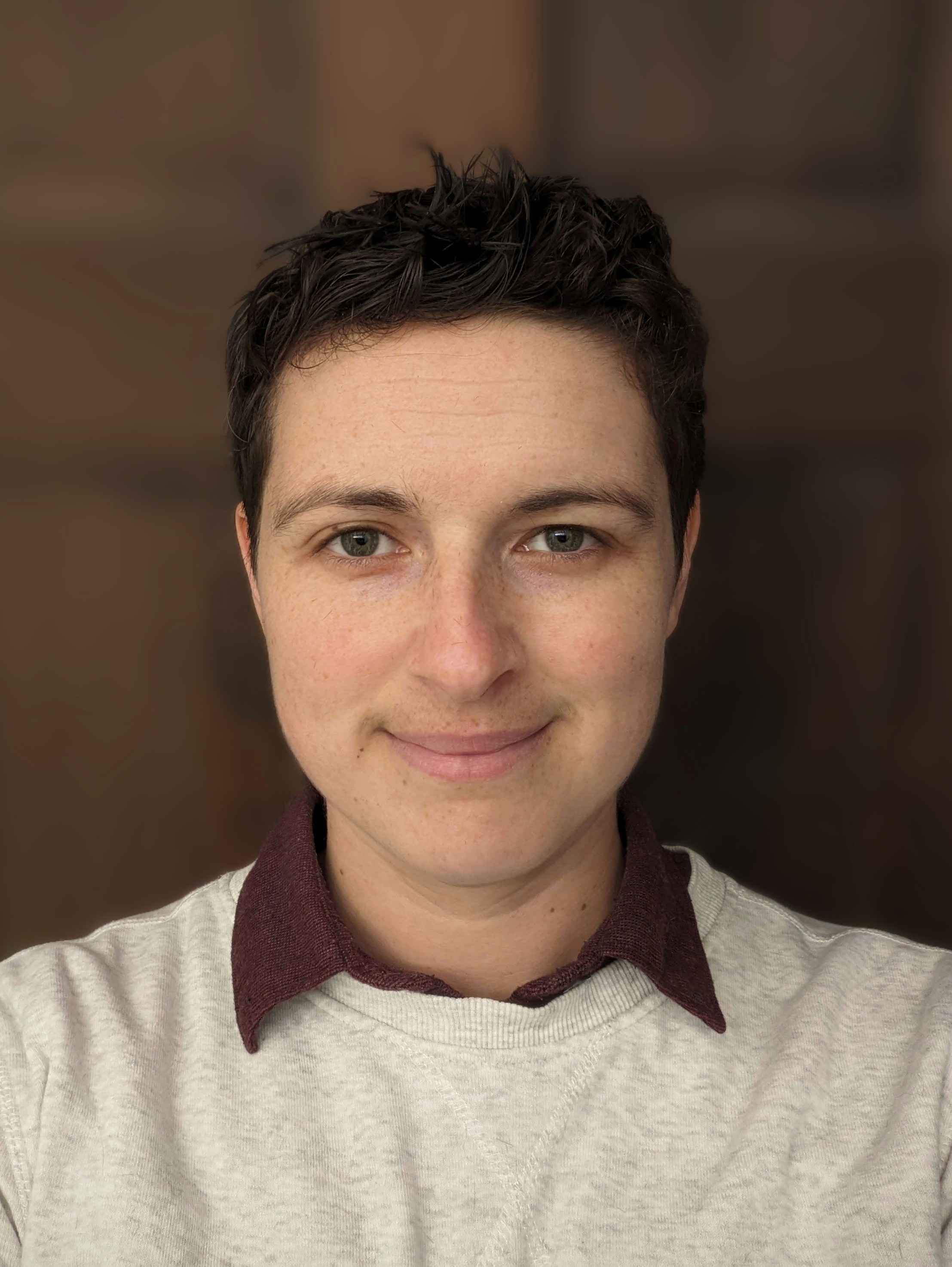 Mel Chanona (Canopy)
Mel Chanona (Canopy)
Mel currently works as a senior researcher at Canopy, a non profit that works with global companies to reduce deforestation & primary forest degradation risk in their supply chains. Their main role is to synthesize, and develop where necessary, the data Canopy needs to tell evidence-based stories and motivate decision-making that protects ecologically critical forests. Mel's career path has been distinctly non linear, evolving from a Mathematical Physics undergrad where they contributed to research on black holes and energy conservation laws, to a PhD in Physical Oceanography that focused on climate feedback loops in the Arctic Ocean. Throughout all their work, Mel holds strong commitments to equity-centered, decolonizing, and consensus-based approaches, and felt committed after finishing their PhD to engage in more advocacy focused, 'on-the-ground' (or at least 'out-of-the-lab') climate action. On a personal level, Mel has an insatiable curiosity for all things related to the life, the universe, and everything and will happily chat at length about black holes, time, equity & environmental justice, CBC radio, cool math facts, queer rugby, rock climbing, sci-fi & fantasy, or how birding makes everything better (ideally all in the same evening over a beer!).
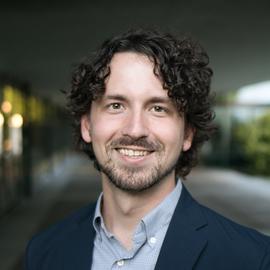
Max Swiatlowski (TRIUMF)
Max has been a Research Scientist at TRIUMF since 2019, and was previously a McCormick Fellow at the University of Chicago. He has worked on the ATLAS experiment at CERN since 2010, and has led efforts on the experiment in hadronic reconstruction, searches for pairs of Higgs bosons, and more. He was the chair of the Canadian Association of Physicists Particle Physics Division from 2022-2023, and is currently the physics coordinator of ATLAS Canada. He is deeply interested in training students and postdocs for careers in academia, industry, and beyond.
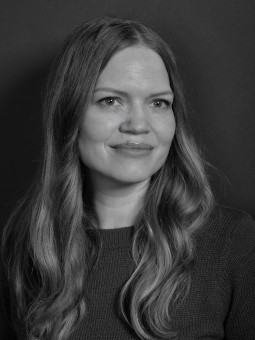
Meghan Melanson (D-Pace)
Meghan Melanson is the Office Manager for D-Pace. She has a diverse background, holding both a Bachelor of Arts and a Bachelor of Education. Her career has been marked by extensive administrative experience, ranging from Executive Assistant at an architect firm to oilfield on-site administration for an Electrical & Instrumentation contractor. In 2013, Meghan relocated to the vibrant community of Nelson, BC, where she joined D-Pace in 2015.
Meghan's journey into Human Resources began during her time in Calgary, where she worked in the recruiting industry as both a front office manager and a recruiter for temporary office staff. This experience ignited her passion for HR, and she is currently pursuing a Chartered Professional in Human Resources (CPHR) designation through Simon Fraser University's Continuing Studies program.

Kurt Dehnel (D-Pace)
Kurt Dehnel is one of several owners of D-Pace and lives near the picturesque town of Nelson, BC where D-Pace has its offices and ion source research centre. D-Pace supplies products and services to the international commercial accelerator industry. Our areas of expertise include beamline systems, beam diagnostic devices, and ion sources for research, industrial, and commercial accelerator systems. Kurt is an experienced entrepreneur having owned several engineering and technology-based companies over the last 27 years. Currently, in his role as the Director of People and Culture at D-Pace, Kurt has the following duties and responsibilities:
- People & Culture
- Accountable for a culture of innovation through signals of belonging, sharing accurate information, and shared meaning.
- Proactively lead the strategy and execution of all People & Culture (P&C) initiatives to support organizational growth, including hiring, employee operations, employee experience, compensation, coaching & talent development, Diversity, Equity & Inclusion, internal communications, and organizational development.
- Serve as leader of culture and engagement, ensuring a well-understood mission, vision and values that are lived and felt throughout the organization and drives strong levels of people engagement.
- Modelling, coaching and caring about meaningful dynamic relationships moving towards our corporate goals.
- Safety: Accountable for providing a safe and healthy workplace environment for all stakeholders.
- Technology: Accountable for IT Infrastructure & Security.
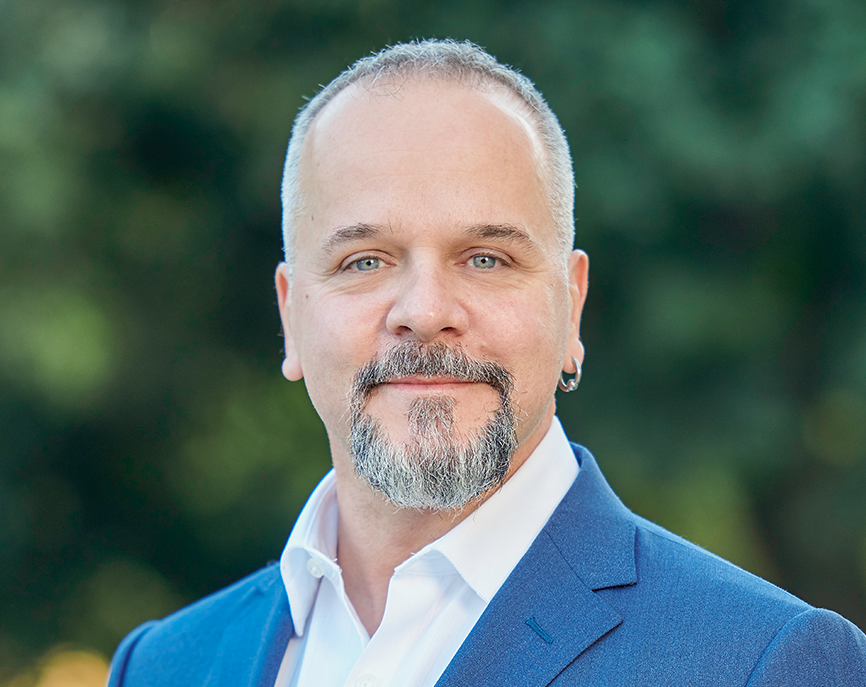
Alex Verdeccia (McDermott+Bull)
Alex Verdecchia, Principal in McDermott + Bull’s Vancouver office, leads the firm’s public‐
sector practice and brings 20+ years of experience in executive search. Alex has a strong track
record of success having executed 250+ searches and has completed search assignments in a
variety of charitable organizations and post‐secondary institutions of every stripe across the
country. He has also completed search assignments for Crown corporations, health authorities
and several other governmental agencies in BC and elsewhere. He has a strong track record
partnering with client organizations to deliver best‐in‐class talent in a diverse set of industries
and functional areas.
Born in Southern Ontario, Alex studied music at Humber College in Toronto. After moving to the West Coast, Alex
completed a BA in Liberal and Business Studies at Simon Fraser University.

